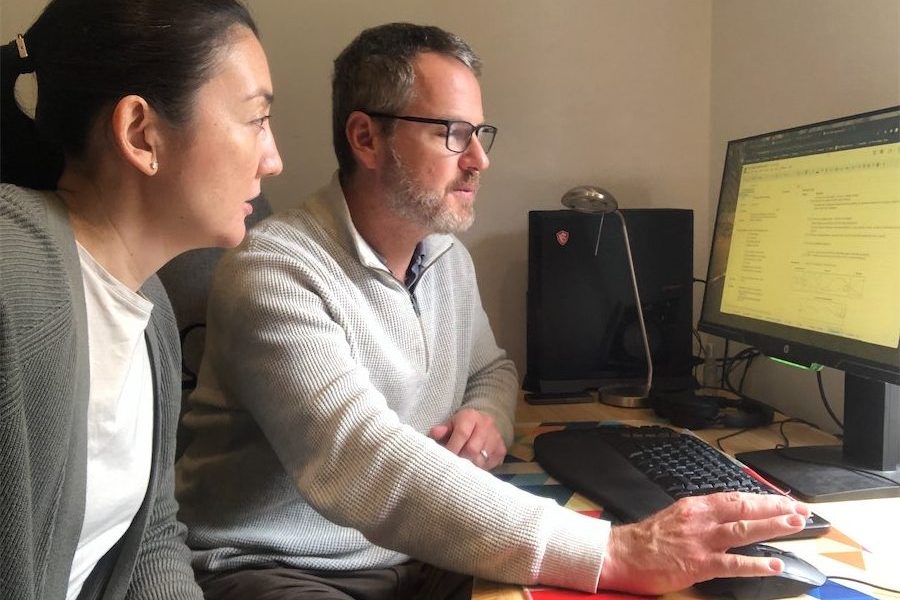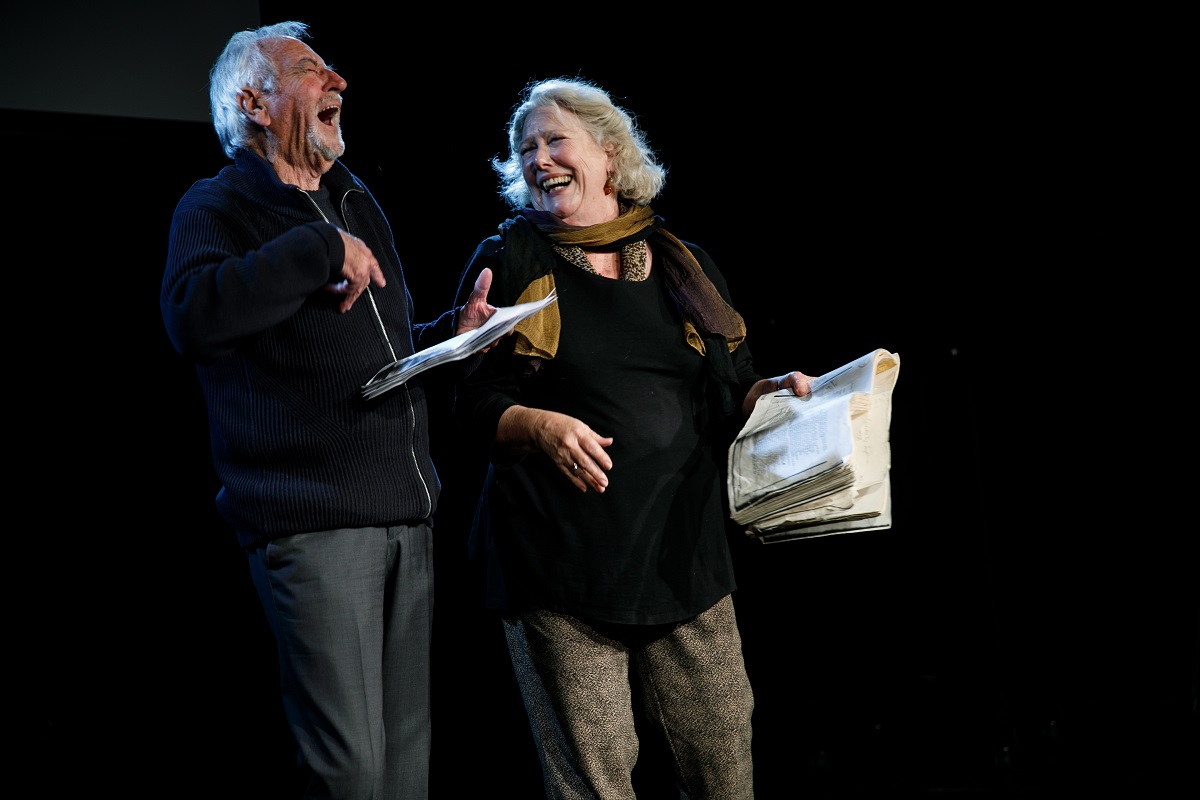THIS weekend the Arc cinema will host the inaugural live performance of “Aurora Passage,” created by American sound designer and composer Douglas Quin.

A collaborative project with the ANU School of Music and ABC Classic FM, it was originally created as a musical composition for the ANU’s Antarctica Music Festival and Conference last year.
The work has been based on the diaries of Bert Clive Lincoln, an able bodied seaman on the SY Aurora, a whaler purchased by Mawson for his expedition. In the southern summer of 1912-1913, the Aurora and her crew sailed from Hobart to provide relief and re-supply Mawson’s main base party at Commonwealth Bay. Lincoln’s account of the expedition affords unique insights into life aboard ship. It was uncommon, if not in some cases forbidden, for sailors like Lincoln to keep a journal; writing and documentation was the prerogative of officers and scientists.
Excerpts from Lincoln’s diary are read by Vincent Plush and set to archival AAE imagery which provides the sole visual source for the project. The soundtrack features piano, performed by Arnan Wiesel from the ANU School of Music, and soundscape recordings made by Quin in Antarctica and Greenland—including wind, ice, Weddell seals, atmospheric whistlers, penguins, Greenlandic sled dogs, and ocean storms. Bells rang aboard ship every half hour, marking 4-hour watches and staggering the dogwatch around dinner time.
During a Scholars and Artists (SAR) residency running until August 25 at The National Film and Sound Archive, Professor Douglas Quin from Syracuse University, NY, has been busy expanding the work from 30 to 52 minutes and researching the Antarctic audiovisual and document collections of the NFSA, the National Library of Australia, the National Gallery of Australia and the holdings in the Mawson Collection at the S.A.Museum in Adelaide.
His intention is to integrate additional materials into a montage-oriented, multimedia, surround sound version of the work, created especially for the ARC cinema. Moving and still images and archival audio recordings are woven into Dr Quin’s own collection of digital audio gathered over the course of three seasons in Antarctica and other work in the Arctic.
Professor Douglas Quin FREE Artists Talk 6pm;AuroraPassage 7.30pm, at the Arc Cinema, Saturday, August 18. “Aurora Passage” presentation, $15/$12 concession. Max Pass Holders $12. Bookings essential to 6248 2000. The NFSA’sAntarcticaexhibition, “Extreme Film and Sound,” finishes this Sunday, August 19.
Who can be trusted?
In a world of spin and confusion, there’s never been a more important time to support independent journalism in Canberra.
If you trust our work online and want to enforce the power of independent voices, I invite you to make a small contribution.
Every dollar of support is invested back into our journalism to help keep citynews.com.au strong and free.
Thank you,
Ian Meikle, editor




Leave a Reply